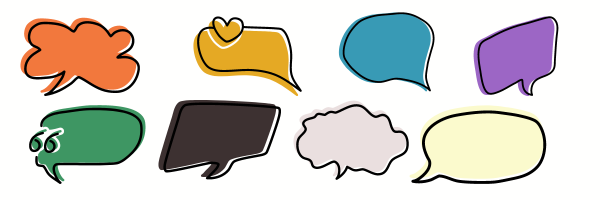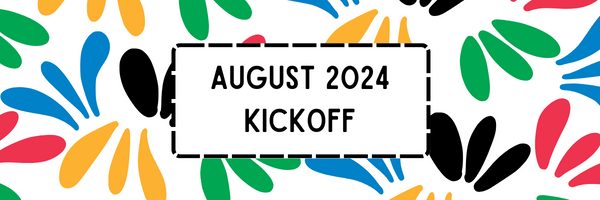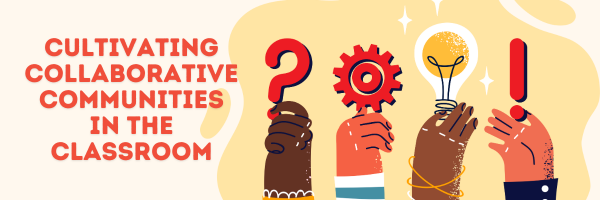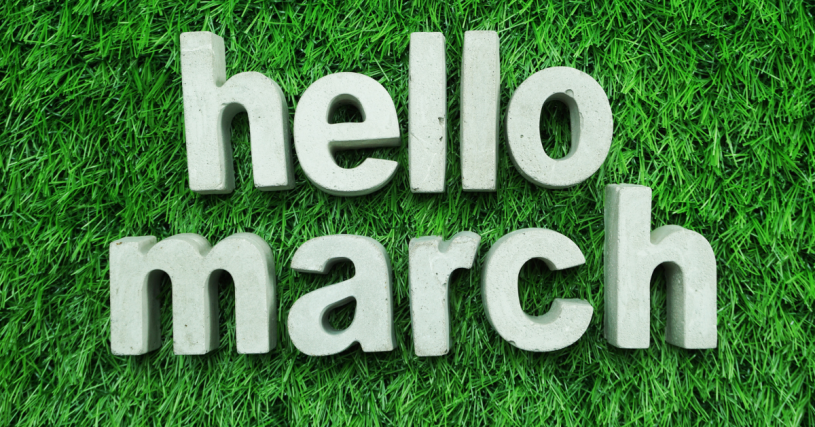
Linguistic Diversity in Student Writing
Join colleagues from English and Writing, Reading, and Speech Assistance (WRSA) to learn about linguistic diversity in student writing. We will discuss what linguistic diversity is, how to affirm its value, and how to respond to equity issues in student writing–and in our responses to student writing. You will have the opportunity to ask questions and reflect on your own pedagogical practices.
Linguistic Diversity in Student Writing: Equitable Response and Assignment Design
Presenters: Alejandra Ortega, Jill Grauman, Kate Balogh, Elyse Pelzer
Tuesday, March 12 at 1:30-2:30 | HyFlex–BIC 2541 and Zoom

Break the Ice with Colleagues
Teacher Talk is a new series of faculty development workshops designed around practical classroom themes. This month’s interactive session will focus on community building and will get you actively participating in icebreakers and exercises facilitated by Aleisha Balestri, Amy Camp, and Bonnie McLean.
This isn’t just about gathering knowledge; it’s about coming together to share experiences and insights. How do we create a sense of community in our classrooms? Let’s find out together!
Teacher Talk: Icebreakers and Classroom Community Building
Wednesday, March 13th, 1:00 – 200 PM | Hyflex

Ready to take the podium?
The Fall Kickoff Breakout Session call for proposals for is open!
Inspired by this summer’s Olympic Games, the Fall 2024 Kickoff theme is all about getting our students to the finish line through collaboration. We’re looking for your solo events, team efforts, and relay races toward innovation that explore pedagogical, technological, experimental, or informational approaches to teaching, learning, and supporting students’ success.
Submit your proposals for 50-minute sessions (in-person, virtual, or hyflex) or half-day programs online at https://forms.office.com/r/djbzNyJE1u
Questions? Contact fpd@cod.edu
The deadline for proposals is Sunday, March 24th.

Instruction Committee Presents: 3 Panels!
Join us for a series of faculty panel discussions hosted by the Instruction Committee, where we’ll delve into the strategies, obstacles, and achievements involved in fostering collaborative communities in our educational settings. Over three days, colleagues from diverse disciplines will share their experiences in creating these communities within their courses.
Cultivating Collaborative Communities in the Classroom Series
March 20th, April 5th, and April 23rd, 1:00 to 2:30 PM | Zoom

Can We Shift Students’ Thinking about Grades?
For many students, grades are the clearest indicator of how they are doing in a class. Unfortunately, grades can also become a student’s primary goal, encouraging them to worry more about performance than deeper learning and growth. How instructors use and talk about grades have the potential to shift student thinking from “how did I do?” to “what have I learned?”
Join me in April for a 4-week online reading seminar exploring Clark & Talbert’s book Grading for Growth: A Guide to Alternative Grading Practices that Promote Authentic Learning and Student Engagement in Higher Education. What makes Grading for Growth different is exploration of multiple approaches from a variety of disciplines, class sizes and modalities, including case studies from Chemistry, Biology, Physics, Math, Environmental Science, Statistics, Library Science, and Liberal Arts. If you teach STEM and have ever wondered how you can adopt alternative grading practices, this book is for you!
Reading Seminar: Grading for Growth
Mondays, April 1 – April 22, 3:00 – 4:15 PM | in Zoom
